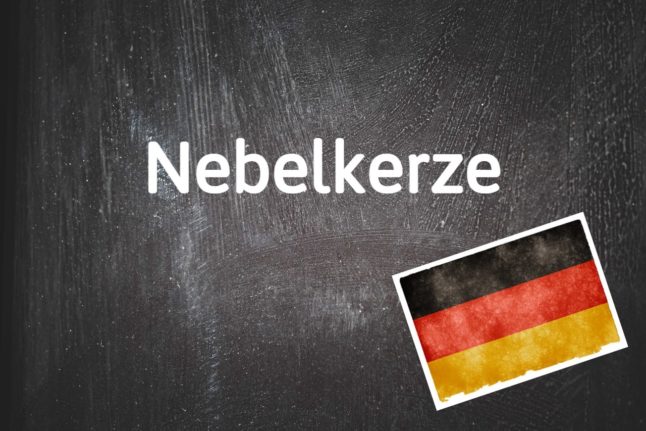Why do I need to know Nebelkerze?
Because it’s a widely used phrase in political discussions, so you may hear it on your favourite current affairs programme or podcast.
Not only that, but it’s a useful way of holding your opponent to account in any debate.
What does it mean?
In a literal sense, eine Nebelkerze is a smoke grenade that artificially creates a cloud of smog, making it impossible for an opponent to see clearly or orientate themselves.
This military term has since moved into the realm of political discourse to describe tactics used to confuse people or distract them from the real issues.
In English, you might translate Nebelkerze as “smoke and mirrors”, a “smokescreen” or a “red herring” – depending on the context.
Former U.S. President Donald Trump was a master of the Nebelkerze: while the media was fired up over controversies like his use of the phrase “alternative facts”, major policy shifts like allowing the controversial keystone pipeline tended to slip under the radar.
Just like in the military, political Nebelkerzen are a way of disorienting people and blinding them to what is really going on.
Use it like this:
“Die Diskussion über Migration ist eine große Nebelkerze.”
The discussion about migration is a big red herring.
“Er versucht immer wieder, Nebelkerzen zu werfen.”
He keeps trying to put up smokescreens (literally: throw smoke grenades).



 Please whitelist us to continue reading.
Please whitelist us to continue reading.
Member comments